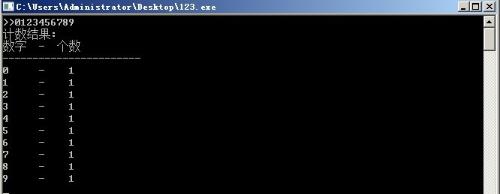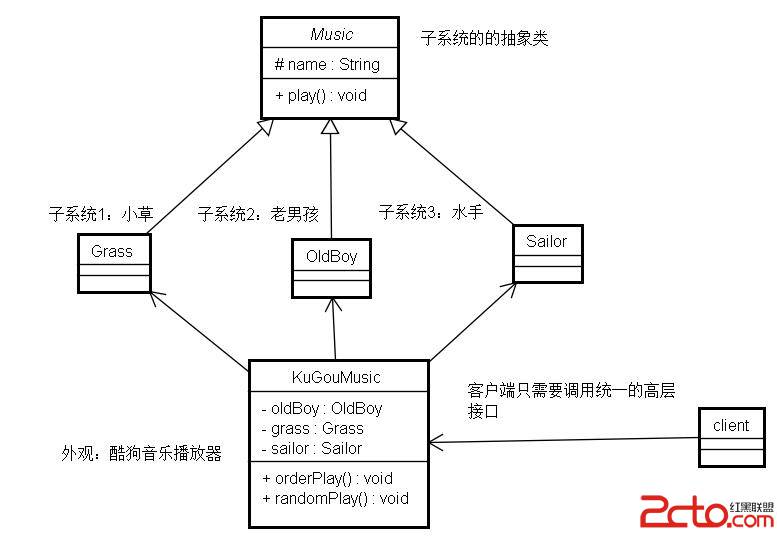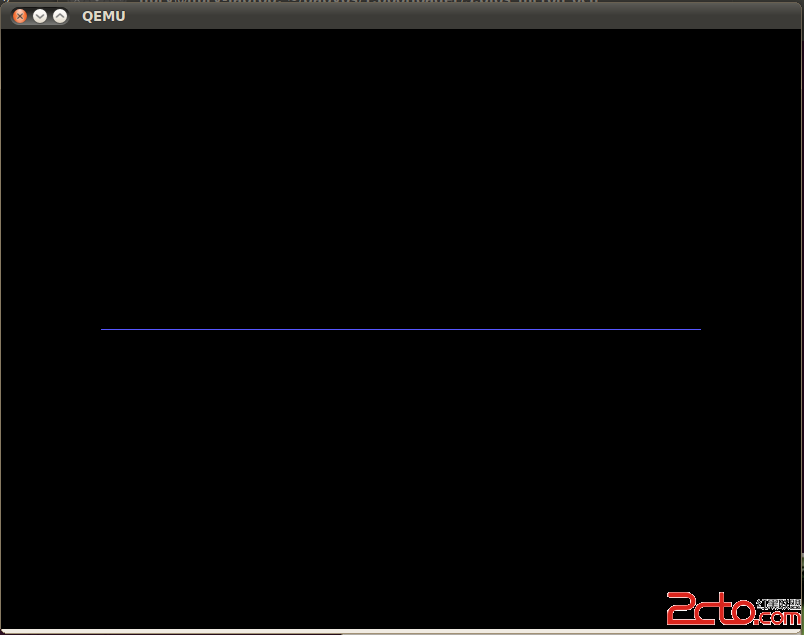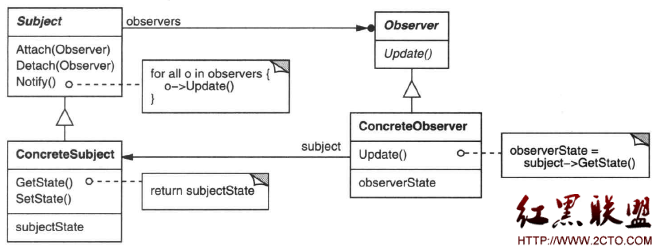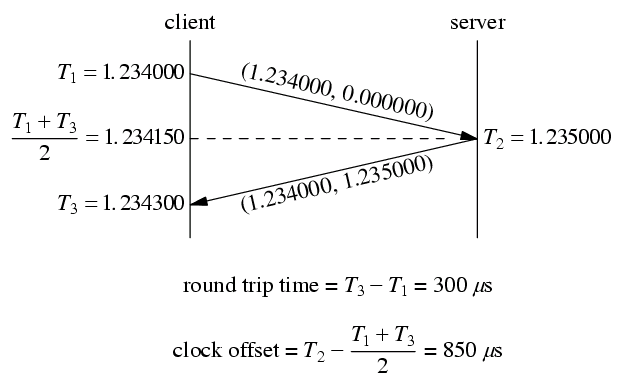mem_fun_ref,mem_fun,not1,not2,ptr_fun
今天调试程序的时候,遇到了这样一个问题
bool check(int elem);
vecot<int>v; ...
pos=find_if(v.begin(),v.end(),not1(check))竟然出错,查找资料之后,发现,原来原因如下:
ptr_fun做的唯一的事是使一些typedef有效( 仿函数类的operator()所带的参数的类型和它的返回类型。对于binary_function,你要指定三个类型:你的operator的第一个和第二个参数的类型,和你的operator地返回类型; 而这两个基类 typedef 了argument_type、first_argument_type、second_argument_type和result_type 这几种类型 )。就是这样。not1需要这些typedef,这就是为什么可以把not1应用于ptr_fun,但不能直接对check应用not1。因为是低级的函数指针,check缺乏not1需要的typedef。 www.zzzyk.com
not1不是STL中唯一有那些要求的组件。四个标准函数适配器(not1、not2、bind1st和bind2nd)都需要存在某些typedef
c++标准程序库提供的一些结构如下:
[cpp]
template<typename Arg,typename Result>
struct unary_function{
typedef Arg argument_type;
typedef Result result_type;
};
template<typename Arg1,typename Arg2,typename Result>
struct binary_function{
typedef Arg1 first_argument_type;
typedef Arg2 second_argument_type;
typedef Result result_type;
};
not2也是一样的道理,not2是用于一个含有两个参数返回值为bool的函数
[cpp]
pos=find_if(v.begin(),v.end(),not1(ptr_fun(check)));这样是正确的。
[cpp]
#include<iostream>
#include<string>
#include<vector>
#include<functional>
#include<algorithm>
using namespace std;
bool check(int a){
if(a%2==0){
return true;
}else{
return false;
}
}
int main(){
int a[]={1,2,3,4,5,6,7,8,9,10};
vector<int>v(a,a+10);
vector<int>::iterator it=find_if(v.begin(),v.end(),not1(ptr_fun(check)));
cout<<*it<<endl;
system("pause");
return 0;
}
mem_fun_ref和men_fun是针对成员函数而设计的函数适配器
[cpp]
class Person{
public:
void print() const{
...
}
}
int main(){
vector<Person>v;
...
for_each(v.begin(),v.end(),men_fun_ref(&Person::print));//调用成员数
}
[cpp]
class Person{
public:
void print() const{
...
}
}
int main(){
vector<Person*>v;
...
for_each(v.begin(),v.end(),men_fun(&Person::print));//调用成员数
}
知道差别了吗
[cpp]
#include<iostream>
#include<vector>
#include<algorithm>
#include<functional>
#include<cmath>
using namespace std;
template<typename T1,typename T2>
struct fopow:public binary_function<T1,T2,T1>
{
T1 operator()(T1 base,T2 exp) const{
return pow(base,exp);
}
};
int main(){
vector<int>v;
for(int i=1;i<=9;++i){
v.push_back(i);
}
transform(v.begin(),v.end(),ostream_iterator<int>(cout," "),bind1st(fopow<float,int>(),3));
cout<<endl;
transform(v.begin(),v.end(),ostream_iterator<int>(cout," "),bind2nd(fopow<float,int>(),3));
cout<<endl;
system("pause");
return 0;
}
补充:软件开发 , C++ ,

